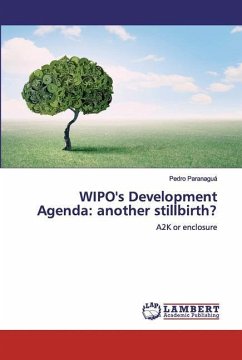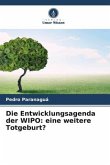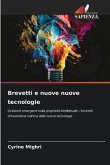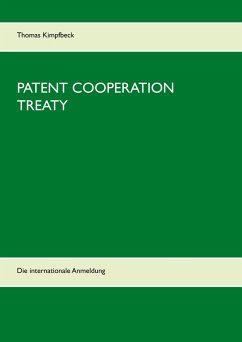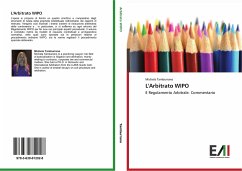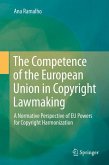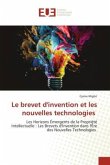The private sector has played and continues to play a decisive role in the shaping of policy-making concerning knowledge-based goods. The result is an unequal battle between access to knowledge and enclosure favouring the latter over the former. Such an unbalanced scenario chiefly affects the South, but has implications for the public everywhere. The Development Agenda of the World Intellectual Property Organization (WIPO), and which has been advocated for and designed by developing countries governments in collaboration with a coalition of governments, academics, civil society and public interest NGOs from both North and South, is an attempt to bring a balance to this scenario. However, the Development Agenda is encountering opposition and despite the unique nature of the coalition backing it, the outcome is uncertain.
Bitte wählen Sie Ihr Anliegen aus.
Rechnungen
Retourenschein anfordern
Bestellstatus
Storno

